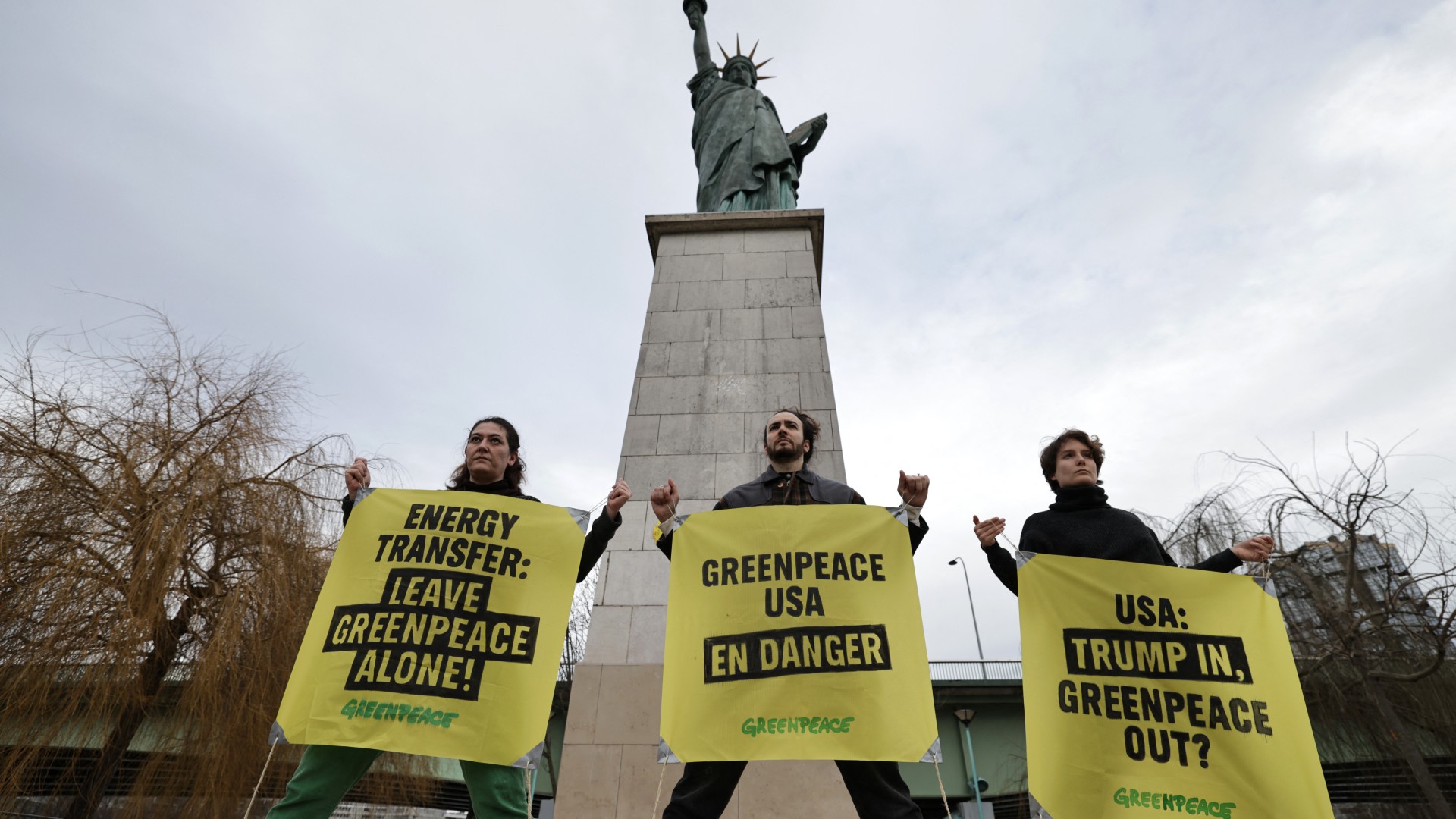L.A. County wants Vanessa Bryant to take a psychiatric exam in lawsuit


A free daily email with the biggest news stories of the day – and the best features from TheWeek.com
You are now subscribed
Your newsletter sign-up was successful
In response to Vanessa Bryant's lawsuit against Los Angeles County and the Los Angeles County Sheriff's Department over photos taken at the site of the helicopter crash that killed her husband, Kobe Bryant, daughter Gianna, and seven others, the county has requested that she undergo an independent psychiatric evaluation.
Bryant filed the lawsuit in September 2020, eight months after the accident, accusing at least eight sheriff's deputies of using their cell phones to take pictures of the victims. The suit claims that Bryant was assured that the crash site was secure and no unauthorized photos would get out, but the deputies "showed off" the pictures they took, causing Bryant severe emotional distress.
On Friday, Los Angeles County filed a motion that Bryant go through the psychiatric evaluation to prove that it was the leak of the photos that caused her distress, rather than the death of her husband and daughter. "Plaintiffs cannot claim that they are suffering from ongoing depression, anxiety, and severe emotional distress and then balk at having to support their claims," the county said.
The Week
Escape your echo chamber. Get the facts behind the news, plus analysis from multiple perspectives.

Sign up for The Week's Free Newsletters
From our morning news briefing to a weekly Good News Newsletter, get the best of The Week delivered directly to your inbox.
From our morning news briefing to a weekly Good News Newsletter, get the best of The Week delivered directly to your inbox.
Bryant's attorneys pushed back, saying, "Apparently, in the county's estimation, top officials should be shielded from providing any testimony, but the victims should not only withstand the emotional toll of a full-day deposition, but also submit to an eight-hour involuntary psychiatric examination simply because they had the audacity to demand accountability." The county, they added, is engaged in "scorched earth discovery tactics" meant to scare Bryant into dropping her lawsuit.
A free daily email with the biggest news stories of the day – and the best features from TheWeek.com
Catherine Garcia has worked as a senior writer at The Week since 2014. Her writing and reporting have appeared in Entertainment Weekly, The New York Times, Wirecutter, NBC News and "The Book of Jezebel," among others. She's a graduate of the University of Redlands and the Columbia University Graduate School of Journalism.
-
 The ‘ravenous’ demand for Cornish minerals
The ‘ravenous’ demand for Cornish mineralsUnder the Radar Growing need for critical minerals to power tech has intensified ‘appetite’ for lithium, which could be a ‘huge boon’ for local economy
-
 Why are election experts taking Trump’s midterm threats seriously?
Why are election experts taking Trump’s midterm threats seriously?IN THE SPOTLIGHT As the president muses about polling place deployments and a centralized electoral system aimed at one-party control, lawmakers are taking this administration at its word
-
 ‘Restaurateurs have become millionaires’
‘Restaurateurs have become millionaires’Instant Opinion Opinion, comment and editorials of the day
-
 $300M lawsuit against Greenpeace has environmentalists on edge
$300M lawsuit against Greenpeace has environmentalists on edgeIn the spotlight The organization says the future of advocacy and free speech is at risk
-
 ABC News to pay $15M in Trump defamation suit
ABC News to pay $15M in Trump defamation suitSpeed Read The lawsuit stemmed from George Stephanopoulos' on-air assertion that Trump was found liable for raping writer E. Jean Carroll
-
 Judge blocks Louisiana 10 Commandments law
Judge blocks Louisiana 10 Commandments lawSpeed Read U.S. District Judge John deGravelles ruled that a law ordering schools to display the Ten Commandments in classrooms was unconstitutional
-
 ATF finalizes rule to close 'gun show loophole'
ATF finalizes rule to close 'gun show loophole'Speed Read Biden moves to expand background checks for gun buyers
-
 Hong Kong passes tough new security law
Hong Kong passes tough new security lawSpeed Read It will allow the government to further suppress all forms of dissent
-
 France enshrines abortion rights in constitution
France enshrines abortion rights in constitutionspeed read It became the first country to make abortion a constitutional right
-
 Texas executes man despite contested evidence
Texas executes man despite contested evidenceSpeed Read Texas rejected calls for a rehearing of Ivan Cantu's case amid recanted testimony and allegations of suppressed exculpatory evidence
-
 Supreme Court wary of state social media regulations
Supreme Court wary of state social media regulationsSpeed Read A majority of justices appeared skeptical that Texas and Florida were lawfully protecting the free speech rights of users
